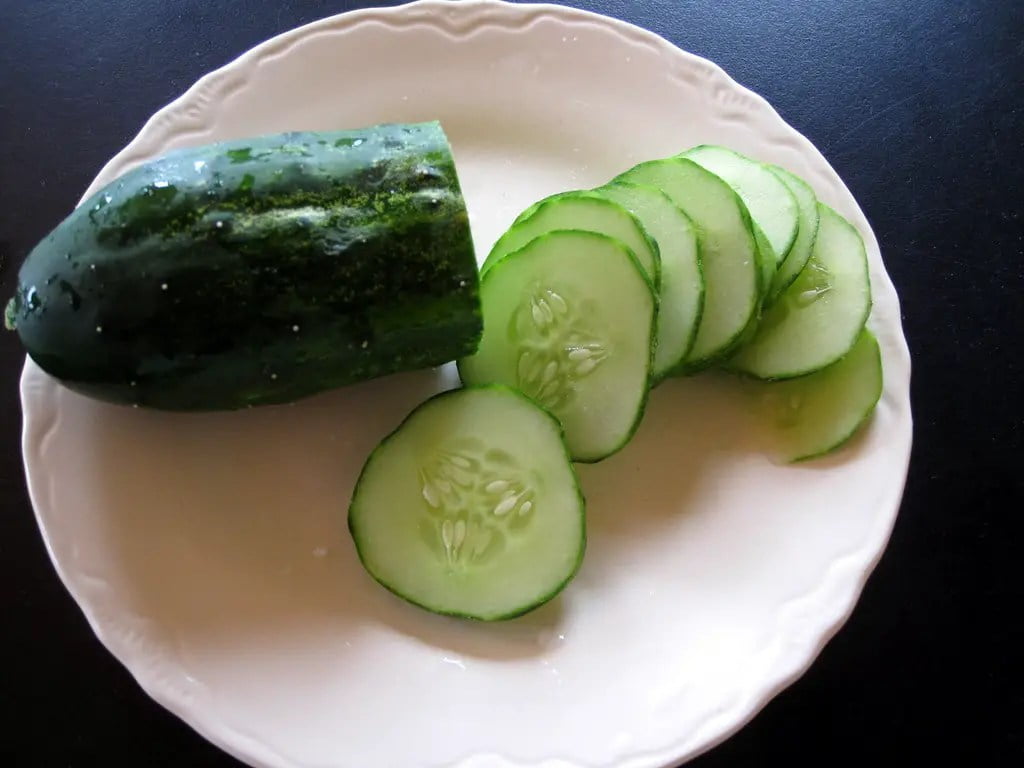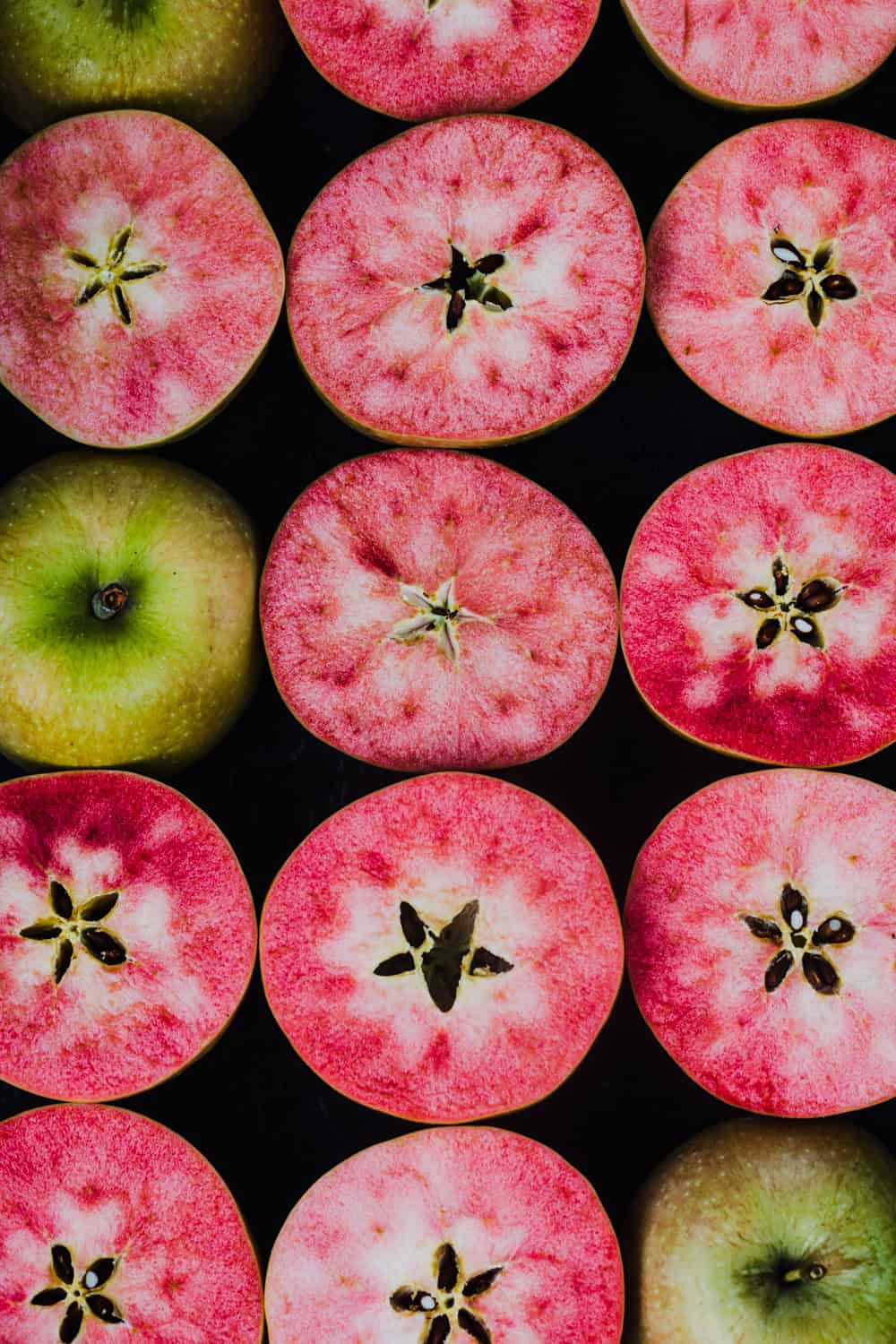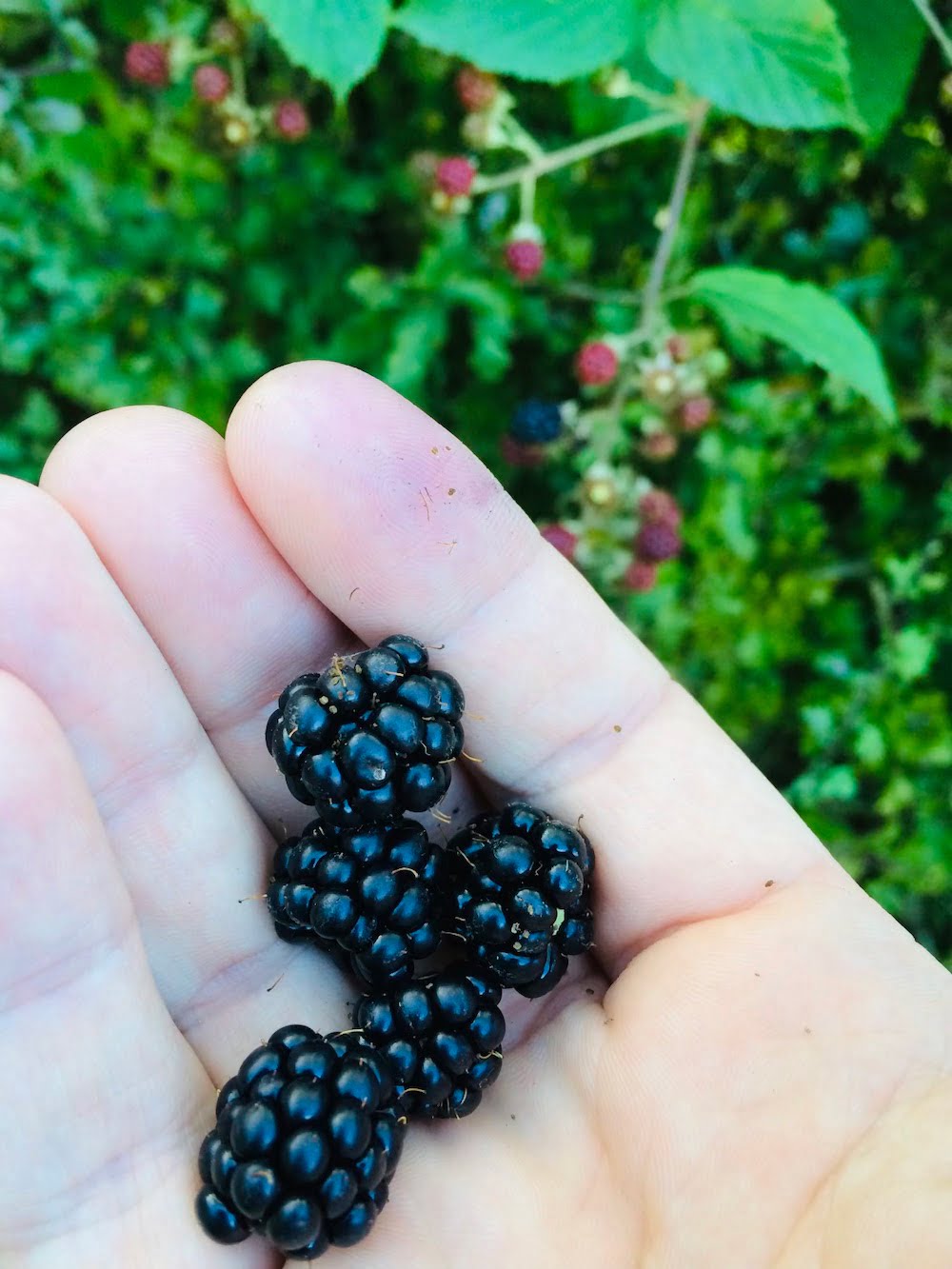If you’ve recently discovered the wonders of vacuum sealing your food, you might be wondering how long your vacuum sealed cucumbers will last. We all know that cucumbers can be quite perishable and tend to spoil rather quickly. However, with the extra protection of vacuum sealing, you might be surprised at just how much longer your cucumbers can stay fresh. In this article, we’ll explore the shelf life of vacuum sealed cucumbers and provide you with some useful tips to make them last even longer. So, if you’re a fan of this refreshing and versatile vegetable, keep reading to find out how to extend their lifespan and keep your home-grown or store-bought cucumbers fresh for days or even weeks.
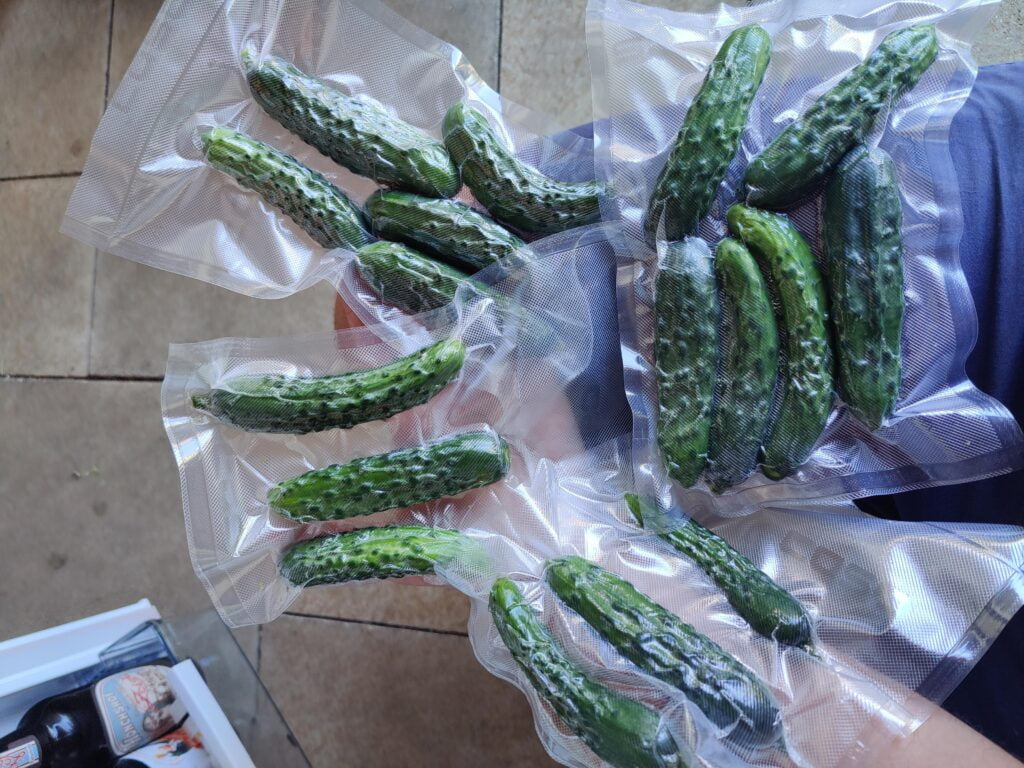
The Importance of Vacuum Sealing Cucumbers
Cucumbers are a versatile and refreshing vegetable that can be enjoyed in various dishes and salads. However, they have a relatively short shelf life, and if not stored properly, they can quickly spoil and become mushy. This is where vacuum sealing comes to the rescue. Vacuum sealing is a method of removing air from a packaging container to create a tight seal. It is commonly used to preserve food by reducing exposure to oxygen and inhibiting the growth of spoilage-causing bacteria. Vacuum sealing cucumbers can significantly extend their shelf life and allow you to enjoy fresh, crispy cucumbers for a longer duration.
What is vacuum sealing?
Vacuum sealing involves placing cucumbers in a specialized plastic bag or container and removing the air from within using a vacuum sealer. The bag is then sealed tightly, creating a vacuum environment that helps preserve the freshness and quality of the cucumbers. By removing the air, the growth of aerobic spoilage organisms is slowed down, thus delaying the spoilage process.
Why vacuum seal cucumbers?
Vacuum sealing cucumbers offers several benefits over traditional storage methods. First and foremost, it extends the shelf life of the cucumbers. Without vacuum sealing, cucumbers may only last for a few days in the refrigerator before showing signs of spoilage. However, when vacuum sealed, cucumbers can stay fresh and crisp for up to two weeks or longer, depending on storage conditions. This means less food waste and more time to consume your cucumbers without worrying about them going bad.
Additionally, vacuum sealing preserves the flavor and nutritional content of the cucumbers. Oxygen is known to degrade the quality of food over time, leading to a loss of taste, texture, and nutrients. By eliminating oxygen through vacuum sealing, you can maintain the original flavors and nutritional value of the cucumbers, ensuring your meals are as delicious and nutritious as possible.
Factors Affecting the Shelf Life of Vacuum Sealed Cucumbers
Several factors can influence the shelf life of vacuum sealed cucumbers. Understanding these factors will help you optimize the storage conditions and ensure your cucumbers last as long as possible.
Quality of cucumbers
The quality of the cucumbers you vacuum seal plays a significant role in determining their shelf life. Choosing fresh and firm cucumbers that are free from bruises and blemishes is crucial. Cucumbers that are already damaged or overripe will not last as long, even with vacuum sealing.
Type of vacuum sealing method
There are different methods and equipment available for vacuum sealing cucumbers. The effectiveness of each method can vary, so it’s essential to choose a reliable vacuum sealer that creates a strong vacuum and a tight seal. Properly sealed cucumbers are less likely to be exposed to air and will have an extended shelf life.
Storage conditions
The environment in which you store vacuum sealed cucumbers also affects their shelf life. It’s important to keep the cucumbers in a cool, dry place, away from direct sunlight and extreme temperatures. Exposing the vacuum sealed cucumbers to heat and humidity can accelerate spoilage, even if they are sealed correctly.
Proper handling and preparation
Before vacuum sealing cucumbers, it is crucial to handle them properly. Wash the cucumbers thoroughly and remove any dirt or debris. It is advisable to dry them completely before sealing to prevent the growth of mold or bacteria. Proper preparation helps maintain the cucumbers’ quality and reduces the risk of spoilage during storage.
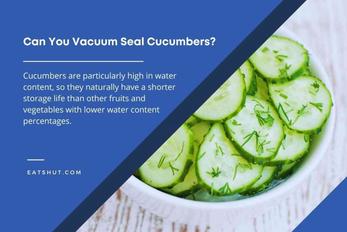
Shelf Life of Vacuum Sealed Cucumbers Without Refrigeration
Vacuum sealed cucumbers can be stored at room temperature, but their shelf life will be significantly shorter compared to refrigeration. While vacuum sealing creates an oxygen-free environment that slows down spoilage, it does not eliminate the need for proper temperature control.
Room temperature storage
When storing vacuum sealed cucumbers at room temperature, they can remain fresh for about 1 to 3 days. However, this can vary depending on factors such as the initial quality of the cucumbers, storage conditions, and the temperature of the room. Keep in mind that room temperature storage may not be suitable for long-term preservation.
Duration of freshness
To ensure maximum freshness and quality, it is advisable to consume vacuum sealed cucumbers within a few days of storage at room temperature. Beyond this period, the cucumbers may start to soften, lose their crunchiness, and become susceptible to spoilage. Therefore, it is recommended to refrigerate vacuum sealed cucumbers for longer shelf life.
Shelf Life of Vacuum Sealed Cucumbers in Refrigeration
Refrigeration provides optimal storage conditions for vacuum sealed cucumbers, significantly extending their shelf life. The lower temperature and controlled environment slow down the metabolism of the cucumbers, ensuring they remain fresh and crisp for an extended period.
Ideal temperature for refrigeration
The ideal temperature for refrigerating vacuum sealed cucumbers is between 32°F (0°C) and 40°F (4°C). This range helps maintain the cucumbers’ freshness and slows down the growth of bacteria and fungi. Avoid storing the cucumbers in the coldest part of the refrigerator, such as the back of the shelf, as extreme cold can cause freezing and affect the texture of the cucumbers.
Effects of temperature variations
Fluctuations in temperature can negatively impact the shelf life of vacuum sealed cucumbers. Exposing the cucumbers to high temperatures, such as leaving them outside the refrigerator for an extended period, can accelerate spoilage. On the other hand, frequent temperature changes, such as taking the cucumbers in and out of the refrigerator, can degrade their quality and lead to faster deterioration. It is important to maintain a stable temperature to maximize the freshness of vacuum sealed cucumbers.
Maximum freshness duration
When properly stored in refrigeration, vacuum sealed cucumbers can retain their freshness for up to 2 weeks or even longer. However, the exact shelf life can still vary depending on factors like the initial quality of the cucumbers and the effectiveness of the vacuum sealing process. Regularly check for any signs of spoilage, such as changes in appearance, texture, or smell, to ensure the cucumbers are still suitable for consumption.
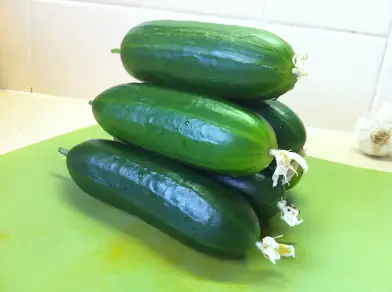
Signs of Spoiled Vacuum Sealed Cucumbers
Even with vacuum sealing, cucumbers can eventually spoil. It is important to be able to identify the signs of spoilage to avoid consuming spoiled cucumbers, which can lead to foodborne illnesses.
Visual changes
Spoiled vacuum sealed cucumbers may exhibit changes in color and appearance. Look out for any darkening, discoloration, or the presence of mold or slime on the cucumbers. These visual changes indicate that spoilage organisms have started to grow and that the cucumbers are no longer safe to consume.
Texture changes
Spoiled cucumbers may become soft, mushy, or slimy. When you touch the cucumbers, they should feel firm and have a crisp texture. If the cucumbers have become noticeably soft or slimy, it is best to discard them to prevent any potential health risks.
Smell
Fresh cucumbers have a mild and refreshing smell. If you detect any off or unpleasant odors coming from the vacuum sealed cucumbers, it is likely an indication of spoilage. Trust your senses and avoid consuming cucumbers with a foul smell.
Taste
Spoiled cucumbers will have a distinct unpleasant taste. If you notice any bitterness, sourness, or abnormal flavors when you bite into a vacuum sealed cucumber, it’s time to dispose of it. Consuming spoiled cucumbers can lead to digestive issues and other health problems.
Proper Storage and Handling Tips
Proper storage and handling are essential to maintain the quality and freshness of vacuum sealed cucumbers. By following these tips, you can ensure that your cucumbers stay fresh for longer.
Choosing fresh cucumbers
Select fresh cucumbers that are firm, bright green, and free from blemishes or soft spots. Avoid cucumbers that feel soft or have wrinkled skin, as they are more likely to spoil quickly. It’s best to choose cucumbers that are relatively uniform in size, as this ensures more even sealing and storage.
Preparation before vacuum sealing
Thoroughly wash the cucumbers to remove any dirt or contaminants. Dry them completely using a clean cloth or paper towel to minimize moisture, as excess moisture can contribute to spoilage and the growth of bacteria. Cut off any stems or parts that are discolored or damaged before proceeding with vacuum sealing.
Vacuum sealing techniques
Carefully place the cucumbers in vacuum seal bags or containers, ensuring they are arranged in a single layer and are not overcrowded. Overcrowding can prevent proper sealing and lead to quicker spoilage. Follow the instructions provided with your vacuum sealer to remove the air and create a tight seal. Pay attention to the quality of the seal and reseal if necessary.
Storage containers
Choose storage containers that are airtight and made specifically for vacuum sealing. Mason jars with vacuum sealing lids are a popular option for storing cucumbers, as they provide an effective seal and are reusable. Make sure the containers are clean and dry before placing the cucumbers inside.
Refrigeration options
When refrigerating vacuum sealed cucumbers, it is best to store them in the refrigerator’s vegetable crisper drawer. This drawer maintains a higher humidity level than the main compartment, which helps keep the cucumbers crisp and fresh. If using vacuum sealed jars, make sure to leave some space between them to allow for air circulation and prevent excessive condensation.
Avoiding cross-contamination
To prevent cross-contamination and potential spoilage, store vacuum sealed cucumbers separately from other strong-smelling foods, such as onions or garlic. These odors can transfer to the cucumbers and affect their flavor. It’s also important to clean the storage area regularly to remove any potential sources of contamination.
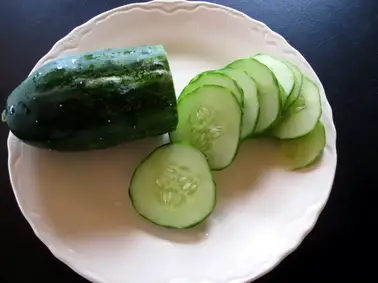
Extending the Shelf Life of Vacuum Sealed Cucumbers
If you want to further extend the shelf life of vacuum sealed cucumbers, there are a few additional methods you can consider.
Freezing vacuum sealed cucumbers
While cucumbers are generally not suitable for freezing due to their high water content, vacuum sealing can help preserve their quality when frozen. Before freezing, slice the cucumbers or prepare them in your preferred form, such as pickles or relish. Vacuum seal the cucumbers and place them in the freezer. Frozen vacuum sealed cucumbers can last for up to 12 months. However, keep in mind that the texture of the cucumbers may change after thawing, making them suitable for recipes rather than consuming raw.
Using preservatives
To further enhance the longevity of vacuum sealed cucumbers, you can consider using preservatives. Vinegar or lemon juice can act as natural preservatives when added to the container before vacuum sealing. These acids help inhibit bacterial growth and maintain the cucumbers’ freshness for an extended period. However, remember to consider the flavors and adjust the quantity of preservatives to suit your taste preference.
Pickle and canning methods
If you enjoy pickled cucumbers, you can take advantage of vacuum sealing to create homemade pickles. Prepare your preferred pickling brine or solution and immerse the cucumbers before vacuum sealing them in jars. This method combines the benefits of vacuum sealing and pickling to create cucumbers with a longer shelf life and unique flavors. Following proper canning or pickling guidelines is essential to ensure food safety and optimal preservation.
Using Vacuum Sealed Cucumbers
When you want to use vacuum sealed cucumbers, there are a few considerations to keep in mind.
Thawing frozen vacuum sealed cucumbers
If you have frozen vacuum sealed cucumbers that you wish to use, it is best to thaw them before consuming or cooking. To thaw, transfer the vacuum sealed cucumbers from the freezer to the refrigerator and allow them to thaw slowly. This gradual thawing process helps maintain the texture and flavor of the cucumbers. Alternatively, you can place the sealed cucumbers in a bowl of cold water to expedite the thawing process. Avoid using hot water, as it can negatively affect the quality of the cucumbers.
Creative ways to use preserved cucumbers
Preserved cucumbers can be a delightful addition to various dishes and recipes. Here are a few creative ways you can enjoy your vacuum sealed cucumbers:
- Use them in salads: Slice the preserved cucumbers and add them to your favorite salad for a refreshing crunch.
- Make cucumber rolls: Roll thinly sliced cucumbers with cream cheese, deli meat, or smoked salmon for a tasty and healthy appetizer.
- Blend them into chilled soups: Puree the preserved cucumbers with herbs, yogurt, and other ingredients to create a refreshing and flavorful chilled soup.
- Create pickled cucumber skewers: Thread preserved cucumber slices onto skewers, alternating with cherry tomatoes, cheese cubes, or grilled chicken, for a colorful and flavorful appetizer.
Get creative and experiment with different recipes to find unique ways to incorporate your vacuum sealed cucumbers into your meals.
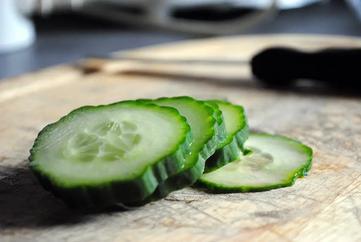
Safety Concerns
While vacuum sealing cucumbers can significantly extend their shelf life, it is important to be aware of potential safety concerns.
Bacterial growth and the danger zone
Vacuum sealing alone does not eliminate the growth of all bacteria. Some bacteria, such as Clostridium botulinum, can thrive in a low-oxygen environment. These bacteria can produce a toxin that causes botulism, a severe type of food poisoning. To prevent bacterial growth, it is essential to maintain proper storage conditions, including refrigeration at the appropriate temperature.
Best practices for avoiding foodborne illnesses
To reduce the risk of foodborne illnesses, always practice good food hygiene and follow basic food safety guidelines. Wash your hands thoroughly before handling cucumbers or any other food items. Keep all utensils, containers, and surfaces clean and sanitized. Avoid cross-contamination by using separate cutting boards for cucumbers and other raw ingredients. When in doubt, err on the side of caution and discard any cucumbers that show signs of spoilage.
Indications of unsafe cucumbers
If you experience any adverse reactions after consuming vacuum sealed cucumbers, such as gastrointestinal issues or allergic reactions, it is crucial to seek medical attention immediately. While vacuum sealing can help preserve freshness, it cannot guarantee the elimination of all potential contaminants. If in doubt about the safety of vacuum sealed cucumbers, it is best to discard them to avoid any potential health risks.
Conclusion
Vacuum sealing cucumbers can greatly prolong their shelf life and allow you to enjoy fresh, crispy cucumbers for an extended period. By understanding the factors that affect their longevity, such as quality, storage conditions, and handling, you can optimize your cucumber preservation techniques. Whether you choose to store vacuum sealed cucumbers at room temperature or in refrigeration, proper storage, preparation, and handling are crucial in maintaining their quality and ensuring they are safe to consume. With the right techniques and care, you can make the most of your cucumbers and savor their deliciousness for weeks.
